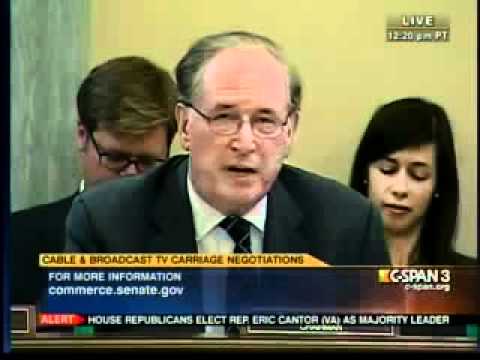Quote of the Day for Saturday, November 27th, 2010:
Hans Urs von Balthasar on Saint Francis and the transcending power of holiness over-against a stifling traditionalism, in Razing the Bastions (1952), from a translation published by Ignatius in 1993 (p.32):
The true peaks rise as the distance grows; we must take care not to consider our own age as an age without salvation or saints. Everything depends on that awareness that we have of our Christianity. For Francis, to be a Christian was something just as immense, certain and startlingly glorious as to be a human being, a youth, a man. And because being a Christian is eternal being and eternal youth, without danger of withering and resignation, his immediate joy was deeper. Not one single year separated him from Christ, the one who had become flesh; from the manger; from the Cross. For him, not one speck of dust had settled on the freshness of the wonder in the passage of time. The hodie of the liturgy on the great feasts was the hodie of his life. Is there a saint who has had any other Christian consciousness of time?
This is a powerful little book (103 pgs.) that is taking me a long time to read, because I am stopping on almost every page to dwell on something Balthasar says.
To really encounter and embrace the eternity that characterizes the life of Christ we share in as Christians is both bracing and mesmerizing. The unity of the Church across time and space, while it may be readily available to consciousness during Eucharistic worship, is otherwise all too easy to lose sight of in the daily hub-bub.
But with the liturgical year ending today, and the new year beginning this evening, it strikes me that this sense of connectedness can can also be facilitated by even petty traditions. Tomorrow being the 1st Sunday of Advent, the afternoon will be time to pull down the seasonal decorations from the garage, and go through the annual process of setting the house up for Advent. It’s a small thing, and it can get corny, but it serves as an opening both for the kids – and us – to reconnect with our own shared past, and for all of us to share in the drama of waiting and preparation that the Church has practiced for two millennia.
It may not be the kind of transcendent presence to Christ that Balthasar ascribed to Francis, but it’s a start. I suspect Francis would appreciate our poverty.




